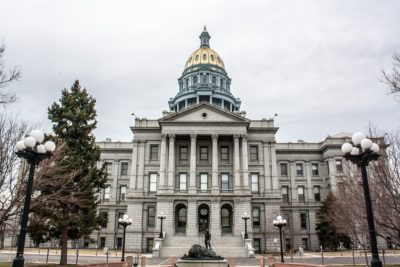On Wednesday the Colorado Supreme Court upheld Joint Rule 44 of the General Assembly, which clarified that the Colorado Legislature is allowed to pause legislative days during a state of emergency. Colorado is under emergency executive orders in response to the spreading coronavirus pandemic known as COVID-19.
We are thrilled with the Supreme Court’s decision to uphold Joint Rule 44 of the General Assembly,” said President Leroy M. Garcia, D-Pueblo. “While public health experts are advising citizens to stay home, we must continue to protect all those who do business at the Capitol by temporarily suspending the session.”
According to the Colorado Constitution, the General Assembly normally operates under a 120 consecutive legislative day limit during session. Facing Governor Jared Polis’s declaration of a national health emergency, legislators were unsure how to obey the order, while meeting constitutional standards. The question was put before the Colorado Supreme Court on March 14, as the state tightened its efforts to limit the spread of COVID-19 throughout the state.
“Counting legislative days consecutively during this state of emergency would have been devastating for Colorado. As leaders, we were elected to serve the community, especially during times of hardship,” said Garcia. “With this decision, we will not be robbed of that opportunity, but rather be allowed to honor public safety measures while still preserving the breadth of our civic duties. The legislature’s critical work on behalf of Coloradans will continue as it is deemed safe. When that happens we will have a lot to do, but we’re ready to rise to the challenge.”
The move to clarify legislative action during the COVID-19 public health emergency was not without politics.
While Colorado Legislators who are Democrats encouraged the move, Colorado Republican legislators had objected, saying that the constitution required that the 120 day session be consecutive days. Based on that, they indicated that if the public health order to stay at home was followed, whatever days left after the order is lifted would constitute the remaining legislative session days. The Colorado Supreme Court disagreed, providing the legal opinion to pause the legislature to comply with the pandemic social distancing order.










Recent Comments